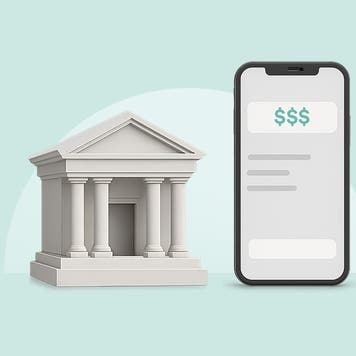Savings
Bankrate helps you find the latest deals on savings accounts and learn strategies to maximize your yield.
Explore savings basics



Build good budgeting habits
Bank accounts with budgeting tools
Choose a bank account that helps you develop healthy spending habits with built-in digital budgeting tools.
Ways to save money on a tight budget
Even on a limited budget, small intentional changes can go a long way to help you build a savings cushion and have greater peace of mind.

Best money-saving apps
Read up on top available rates and national average trends over time from Bankrate’s weekly survey of banks and credit unions.
Weekly Savings Rates
Bankrate consistently has offers well above the national average to help you earn more on your savings.
Bankrate Partner Average
The "Bankrate Partner average" is calculated from the average of the top savings account offers from the institutions we track, included on this page as of 02/08/2026. "National average" is determined by Bankrate's comprehensive national survey of savings accounts and CDs.
National Average
Experts in all things banking
Our expert writers and editors bring you timely news and reliable information - backed by data and first-hand experience.
About Bankrate's team
Bankrate Financial Analyst

Principal U.S. Economy Reporter

Senior Economic Analyst
Compare top-rated banks

See how much your savings can grow
Bankrate can help you capitalize on the current high interest rate environment. Enter your expected contributions and APY to see how much interest your savings could earn over time.
Latest articles
























Help us shape the future of personal finance
We’re building something new to make rate shopping smarter and simpler. Join our waitlist to get early access, share your feedback, and unlock exclusive offers.
Priority rate alerts
Exclusive member offers
Time saving
Limited spots remaining
You're signed up!
Now, help us personalize your experience. Answering the next few questions will ensure you receive the most relevant tips and offers.
Stay tuned to see what we're building
You're all set! We're gearing up to share something big. You'll hear from us soon with what's next.










